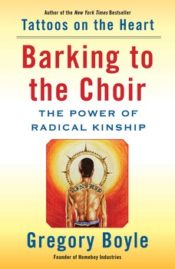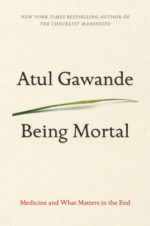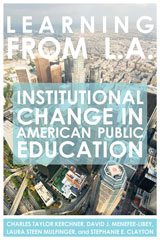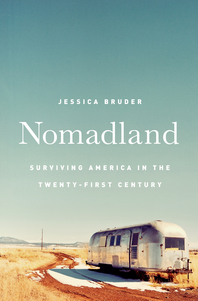A New Look at Europe
Posted on | April 25, 2010 | Comments Off on A New Look at Europe
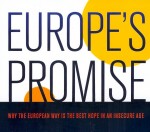 On Thursday, I wandered across campus to hear Steven Hill talk about his new book, Europe’s Promise. Hill is the director of the political reform program at the New American Foundation, and a will-published policy writer who has been studying what we inaccurately refer to at the Old World for a decade.
On Thursday, I wandered across campus to hear Steven Hill talk about his new book, Europe’s Promise. Hill is the director of the political reform program at the New American Foundation, and a will-published policy writer who has been studying what we inaccurately refer to at the Old World for a decade.
As is so often the case with serious books, his argument follows the colon: Why the European way is the best hope in an insecure age.
Here, at last, was someone who sees Europe through the same eyes as I do: as economically dynamic and socially invested, not as a historically interesting but moribund land of high taxes and an outdated welfare state. Every time I’ve traveled in Europe, I come away with the notion that it works pretty well. In the two thirds of a century since it was devastated by World War II, it has undergone a remarkable transformation.
Europeans have this funny notion that they should actually get something for their taxes; so, they send their children to college with out having them run up big debits, they secure their seniors, provide healthcare for all at about half of what we spend to enrich insurance companies. They think that “family values” means investing in family leave time and employment security rather than ranting about public morals. They think that democracy should extend to the workplace and that employees deserve seats on boards of directors alongside of investors.
In his talk, sponsored by the European Union Center of California, Hill describes Europe’s healthcare, her socially conscious capitalism, her pluralism, foreign policy, and leadership in environmental sustainability. But more importantly he describes a Europe that our media have largely missed, an idea as much as a place. In the book, he calls Europe’s social contract “the ‘sticky glue’ that holds it all together and keeps the human heart of darkness from ripping us apart.” (278)
At the end of the book he relays a conversation with an old Austrian who asks, “As a American, I wonder if you can even imagine what it must be like to live in a country where every person has health care. And a decent retirement. And day care, parental leave, sick leave, education, vacation, job retraining. For every plumber, carpenter, taxi driver, waitress, executive, sales clerk, scientist, musician, poet, nurse, of all ages, income race, sex, whatever, not worrying about those basic arrangements. Can you imagine what that is like?”….”In America you are so rich, why don’t you provide those things for your people?…Don’t you think that this has something to do with why you are so violent?” (364-5)
Europe faces problems, to be sure, and Hill spends about a third of the book discussing them. A combination of only partly assimilated immigration and low birth rates threatens Europe with a non-European identity crisis. And the continent faces its own civil rights struggles. But it is young Europe, a government and social contract forged in this past half-century, where many of the successful approaches to combining dynamic capitalism and a vibrant social contract come together. In many ways, they have done the hard political and conceptual work of laying the groundwork for the 21st Century while we kicked the can down road for leaving problems to fester for our children and grandchildren.
For those who want to drill down and look at the construction of specific institutions–like education–the table on page 293 provides instant illumination.
